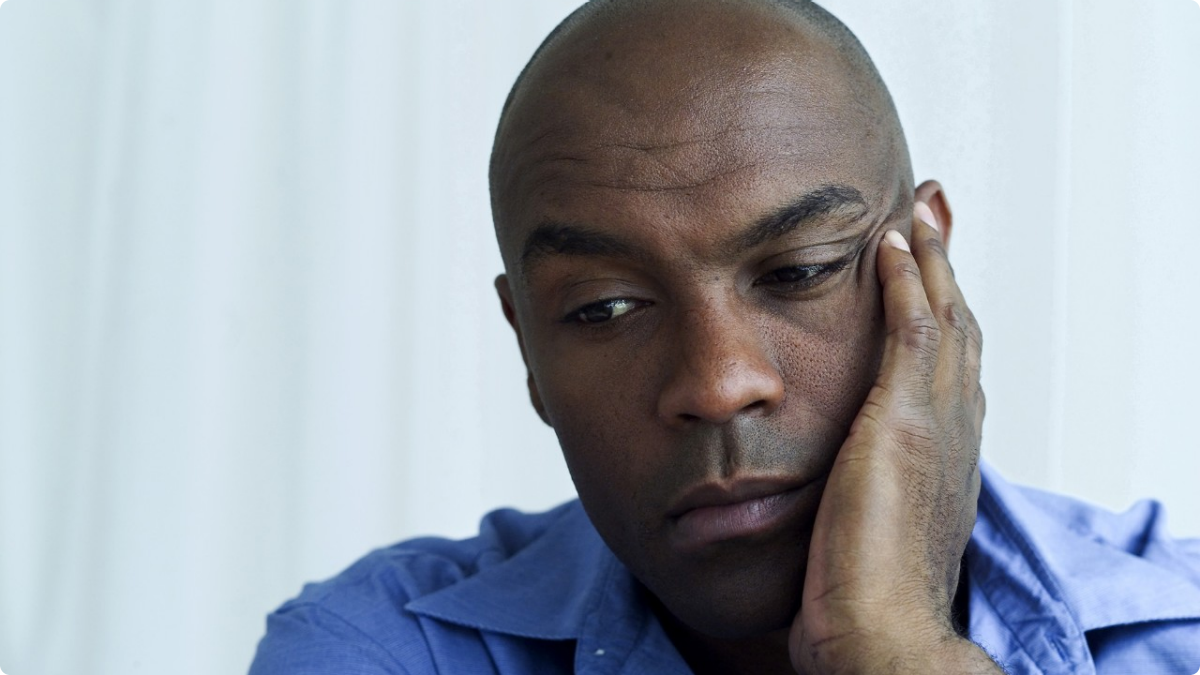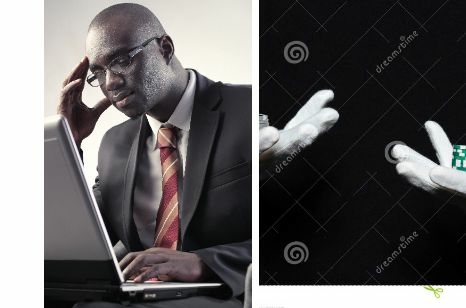1. You’d Be Sidelined By an Unexpected Expense
 https://tse2.mm.bing.net/th?id=OIP.wRMn96u9X4BA8aR_sV-sNwHaEK&pid=Api
https://tse2.mm.bing.net/th?id=OIP.wRMn96u9X4BA8aR_sV-sNwHaEK&pid=Api
“Think of everyday things that could happen, like the radiator in your car going out or plumbing issues at your house,” says Charlie Harriman, a Certified Estate Planner and partner at Cloud Financial Inc. in Huntsville, Alabama. “If you don’t have the cash to pay for emergencies like that, you are very financially fragile.”
According to a PwC report, nearly 50% of Millennials fit this bill. While it might seem like having little or no money in an emergency fund is a glaring sign your finances need some TLC, it’s not always so obvious—especially if you haven’t been hit with any big expenses.
“Some people have great jobs with a large salary and no debt, but they don’t have money in the bank for unexpected expenses,” Harriman says. “If they lose their jobs or have an accident and can’t work, then what? The smart thing is to know that at some point the unexpected will happen, and be ready for it.”
What to Do
Start socking away cash now. Even a little bit can add up—$50 a month would get you to $600 after a year. Increase that to $20 a week, and you’ll have more than $1,000 after a year. Gavlak recommends opening a high-yield account at a credit union or bank that’s different than where you have your checking account, so you’re not tempted to tap into it.
“Set up a direct deposit from your paycheck and opt out of online banking, so you have to actually drive to get the money,” he says. “That will help you avoid spending it in a non-emergency situation and allow you to build up a good emergency fund.”






Discussion about this post